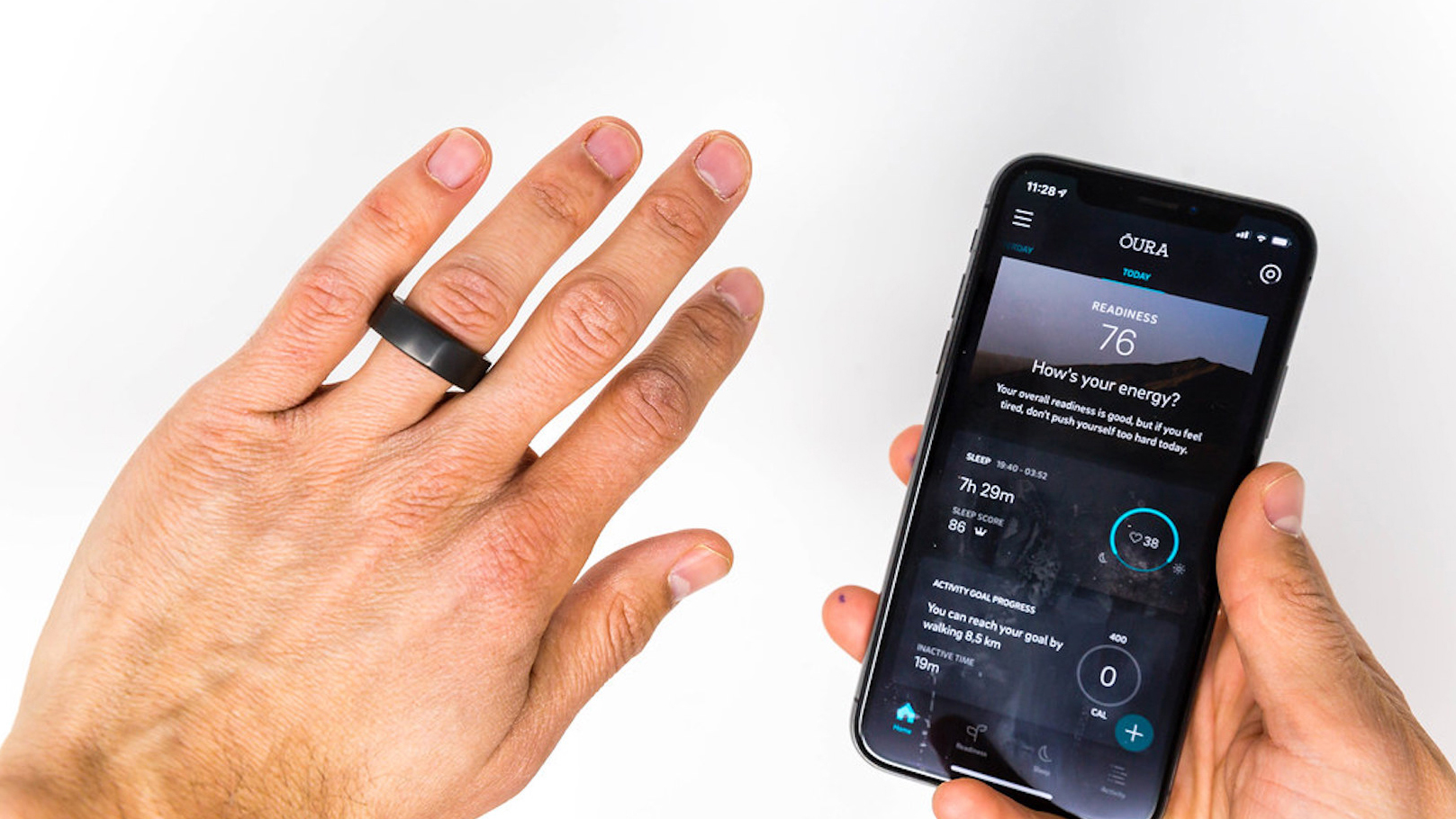Shop At Haya: Your Ultimate Shopping Guide
Discover the best shopping tips, trends, and deals for a smarter buying experience.
Wearable Tech: Your New Best Friend or Just a Trendy Fad?
Is wearable tech a game-changer for your lifestyle or just another trend? Discover the truth behind the hype!
Exploring the Benefits of Wearable Tech: How It's Changing Your Daily Life
Wearable technology has revolutionized the way we interact with the world around us, providing convenience and efficiency that enhance our daily routines. Wearable tech, such as smartwatches and fitness trackers, offers a plethora of benefits that cater to our health and lifestyle needs. For instance, these devices allow users to monitor their physical activities, track their heart rate, and even manage their sleep patterns. As a result, individuals are empowered to make informed decisions regarding their health, leading to improved well-being. Moreover, features like notifications and call alerts directly on the wrist keep users connected without the constant need to check their smartphones.
In addition to health monitoring, wearable technology significantly enhances productivity and organization in our daily lives. With the ability to integrate seamlessly with various applications, users can access their calendars, set reminders, and receive important updates on the go. These devices often come equipped with virtual assistants that can help streamline tasks through voice commands. This innovative technology not only saves time but also minimizes distractions, allowing individuals to focus on what truly matters. Ultimately, as wearable tech continues to evolve, its influence on our everyday lives will only grow stronger, making it an essential tool for modern living.

Are Wearable Devices Worth the Investment? A Deep Dive into Their Value
In today's fast-paced world, wearable devices have quickly gained popularity, promising to enhance our everyday lives through health monitoring, fitness tracking, and connectivity. However, the question remains: are they truly worth the investment? To evaluate their value, it's essential to consider factors such as functionality, convenience, and personal health goals. Many users have reported significant benefits, including increased motivation to stay active and easier tracking of health metrics like heart rate and sleep patterns. These features can be particularly valuable for individuals aiming to improve their fitness levels or manage chronic conditions.
Moreover, the investment in wearable technology often extends beyond just the initial purchase. Users must also consider ongoing costs such as app subscriptions and potential upgrades. Nevertheless, the long-term advantages may outweigh these expenses if the device leads to healthier lifestyle changes and sustained engagement. Ultimately, the worth of wearable devices hinges on how well they align with an individual's objectives; understanding personal needs is vital in making an informed decision. As technology progresses, and features become more sophisticated, the potential for wearable devices to provide significant returns on investment may continue to grow.
Top Wearable Tech Trends to Watch in 2023: Features that Matter
The wearable tech landscape is rapidly evolving, with 2023 presenting exciting trends that consumers should keep an eye on. One notable trend is the rise of health-focused wearables that go beyond traditional fitness tracking. Devices now come equipped with features like ECG monitoring, blood oxygen levels, and even mobile health alerts. These advancements not only empower users to monitor their health more effectively but also encourage early detection of potential health issues.
Another significant trend is the integration of smart technology with everyday fashion. From smart glasses that provide augmented reality experiences to smart clothing that can track biometric data, versatility is becoming key. Additionally, trends like customization and sustainability are gaining momentum, with consumers increasingly seeking wearables that reflect their personal style while minimizing environmental impact. Staying updated on these trends will ensure that consumers make informed choices about the technology they wear.